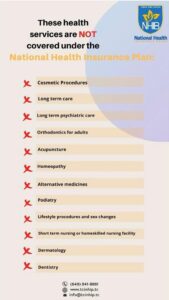Finance
TCI Finance Minister tables new bill to TIGHTEN DUE DILLIGENCE

Finance
SCOTIABANK TURKS & CAICOS SECURES 4TH WIN AS BEST BANK
Caribbean News
RBC appoints new Head of Caribbean Banking
Finance
Largest ever Nat’l Budget to end on $436 million
-

 Crime5 days ago
Crime5 days agoUnlocking Perspectives: Serious Tourist Incidents unveiled in TCI
-

 TCI News5 days ago
TCI News5 days agoRegional SDGs Update; 22% to be reached by 2030
-

 TCI News1 day ago
TCI News1 day agoBomb Threat No 6. In TEN days
-

 Caribbean News4 days ago
Caribbean News4 days agoVISITOR ARRIVALS NOT NEGATIVELY AFFECTED BY TRAVEL ADVISORIES KINGSTON, May 1 (JIS):
-

 Bahamas News4 days ago
Bahamas News4 days agoRBC appoints new Country Manager and Area Vice President for Turks & Caicos
-

 Bahamas News5 days ago
Bahamas News5 days agoCIBC Caribbean announces the closure of Bay Street Branch
-

 Bahamas News4 days ago
Bahamas News4 days agoBahamas economic growth
-

 News5 days ago
News5 days agoFamily of 16 yo Tourist claims negligence in jet ski death; TCI Coroner’s Court hearing evidence






















